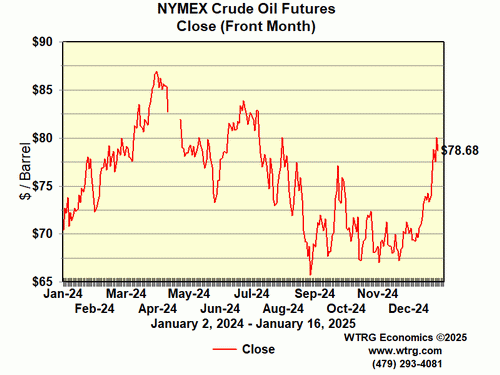http://sgtransport.blogspot.com/2007/03/three-months-of-cheaper-bus-and-train.html
1.8% cap on any bus, train fare hike this year
Christopher Tan, Senior Correspondent
ANY decision this year on raising bus and train fares will be known only in August at the earliest, instead of the usual May announcement in previous years.
And if the Public Transport Council (PTC) approves an increase, fares will go up by 1.8 per cent at the most, a spokesman for the council told The Straits Times.
For most commuters, this could mean an increase similar to last year's one- to three-cent hike, when the cap on fare increase was set at 1.7 per cent.
The new deadline and the cap on how high fares can go are the result of a change in the formula adopted by the PTC last year to work out bus and train fare increases.
Traditionally, SBS Transit and SMRT submit their applications by May 1, and revisions take effect in July.
But last year, because the PTC was busy adapting to new regulatory powers, the fare adjustment exercise was delayed by three months.
It has decided to stick with the new deadline.
'Operators will have till August to apply. Henceforth, all adjustments will be from October,' the PTC spokesman added.
As for the 1.8 per cent cap this year,
it is based on a formula that takes into account current economic conditions, average wage increases as well as productivity gains of the public transport companies. It also allows fares to be lowered when the economy is in deep recession.
Both operators declined to say if they will ask for a fare increase, but it remains to be seen whether the planned two-percentage-point rise in goods and services tax (GST) in July will influence the decision.
A two-point rise in GST to 7 per cent translates to about $22 million in additional cost to the two operators.
Singapore introduced GST in 1994, starting with a 3 per cent levy. It was raised to 4 per cent in 2003, and 5 per cent in 2004.
Although GST was never passed on directly to public transport commuters, it is computed indirectly in the fare adjustment formula, which takes inflation - represented by the Consumer Price Index - into consideration.
SMRT spokesman Goh Chee Kong said: 'The fare adjustment formula takes care of wage increases, Consumer Price Index and productivity. So any increase in GST will be accounted for in the Consumer Price Index.''
In the past two years, the operators cited higher oil prices as the main justification for a fare rise.
A senior transport analyst said GST had never been fully passed on to commuters, but added that 'the formula will prevail because we are not in a deflationary economy'.
Source: The Straits Times, 23 March 2007



